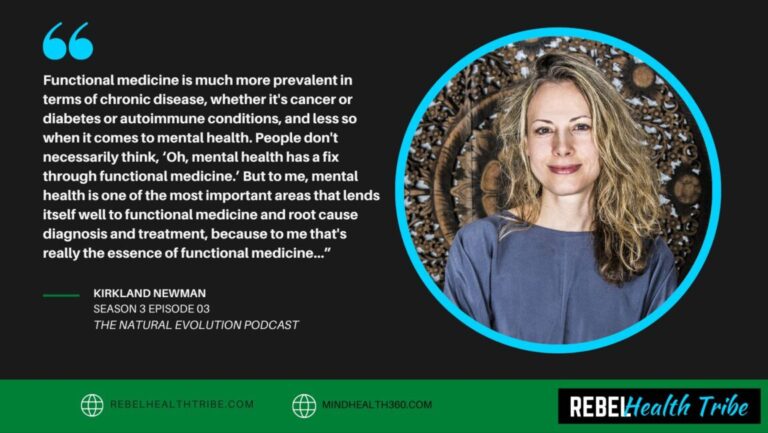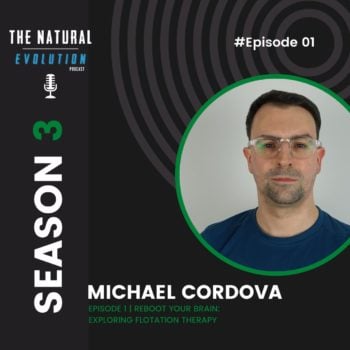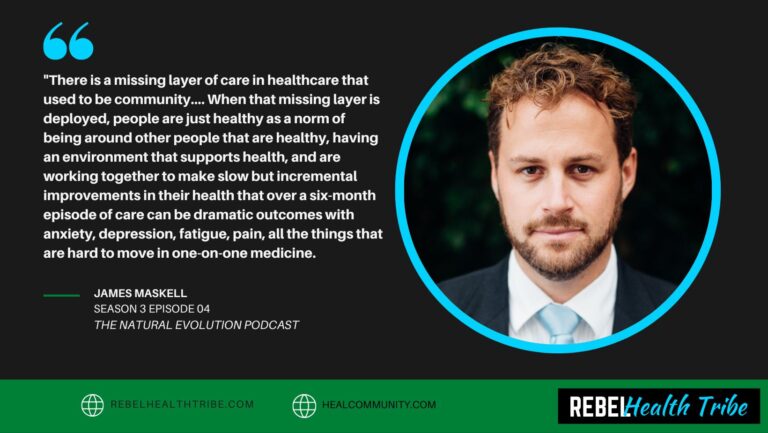
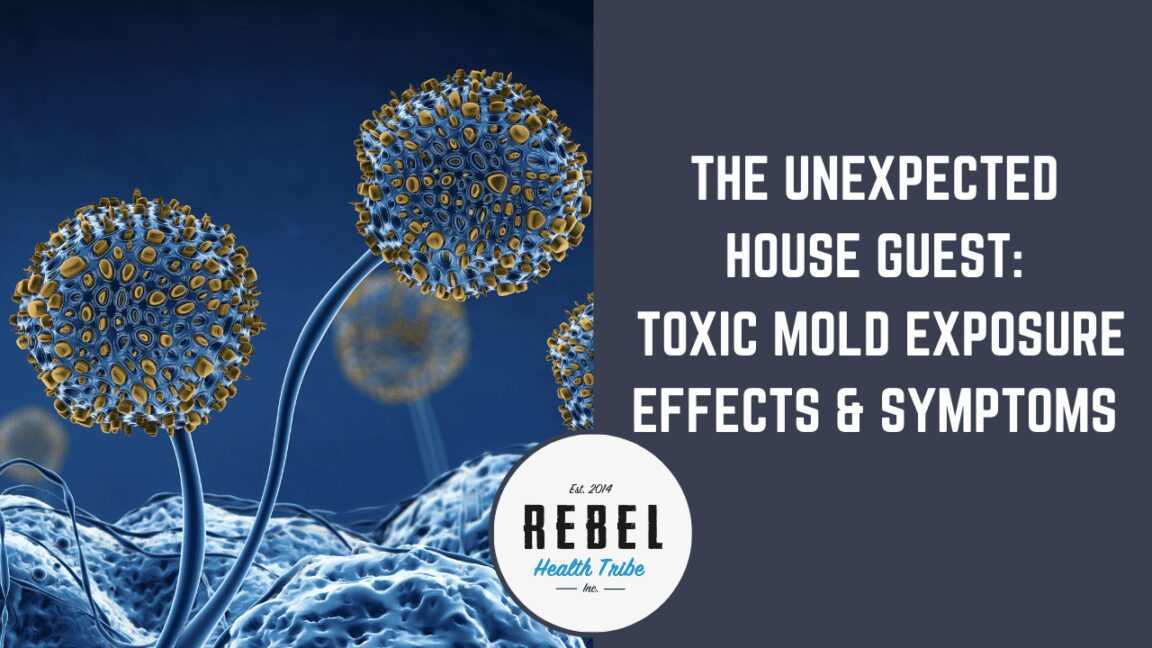
More Posts from
Toxicity & Detox Support
Sign Up & Receive the So You Think You Have Mold, Now What? PDF
Sign up with your name & email to receive the So You Think You Have Mold, Now What? PDF along with any future updates, content, and mold-related offers from RHT & Cathy Cooke!
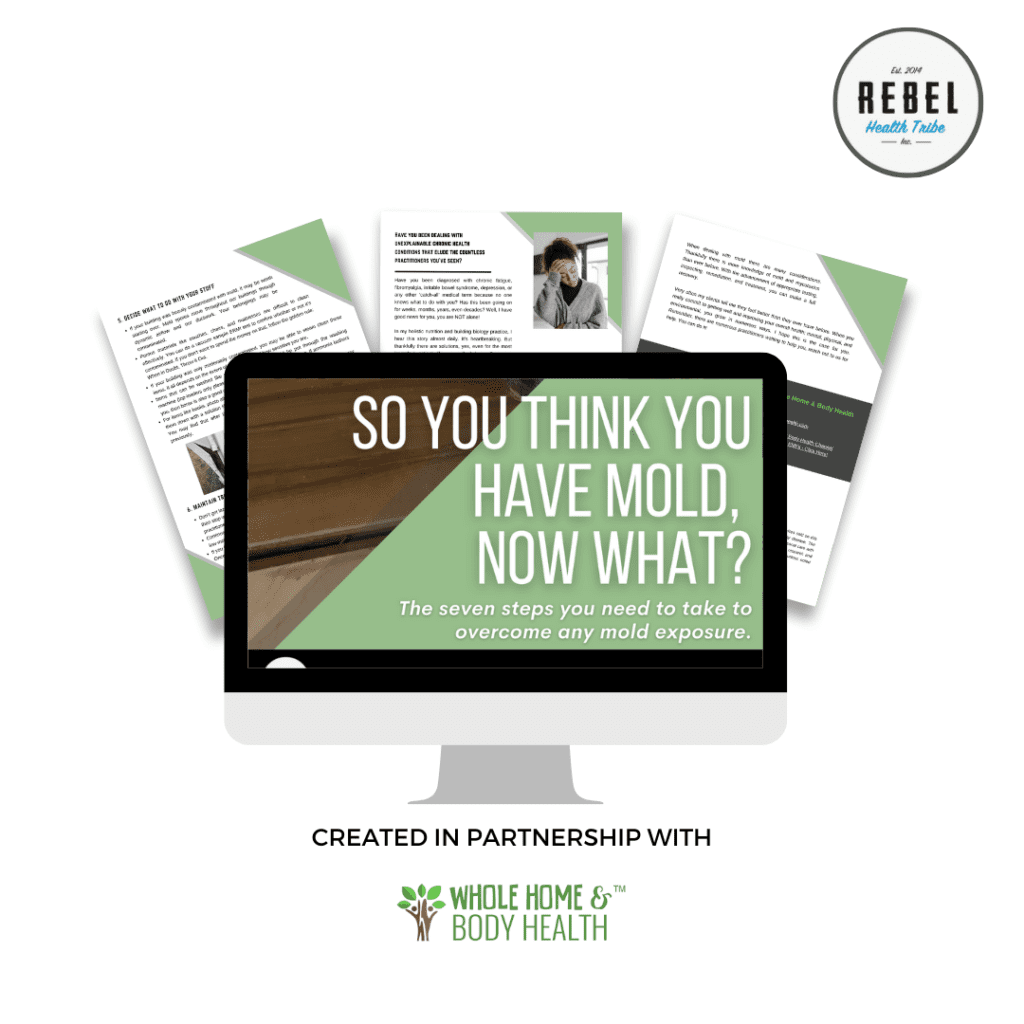
The Unexpected House Guest: Toxic Mold Exposure Effects & Symptoms
As a building biologist I test people’s homes for numerous things that may be contributing to health: air quality, water quality, electric fields, magnetic fields, radio frequency, dirty electricity, light and sound quality, radon, combustible gasses, carbon monoxide, carbon dioxide, chemicals, and VOC’s, etc. But nothing, and I mean nothing, instills fear in my clients as the two dreaded words (cue scary music): Black Mold!
It’s understandable. If you or someone you know has suffered with mold illness, you know how devastating it can be. Not only is remediation of your home very expensive and time consuming, but the toll it takes on your health can completely upend your life. Toxic mold exposure is a serious concern. But there is also a lot of confusion about the various aspects of mold: Which molds are ‘toxic’? What is the best way to test? Do I have to get rid of all my stuff? Can’t I just fog my home? What do I do about the mold in my body? How do I test myself?
I can go on all day. There is a lot of information out there on the innerwebs, and a lot of it is very misleading or downright inaccurate. In this post I want to help clarify the basic points you need to know. In future posts, I will go into much more detail regarding mitigation, testing, and occupant health.
First let’s define what mold actually is. Mold (or mould for you Canadians and Europeans) is a type of fungi, as is yeast, mushrooms, lichens, and truffles. These forms of fungi are actually quite different. Yeast for example, is a single-celled organism, whereas mold is a multicellular organism that grows hyphae, or long, branching filaments.
There are over 100,000 species of mold at least, some claim it’s more like 300,000. Mold is known the ‘great decomposer’, responsible for breaking down organic matter in both living, and dead organisms.
Cathy Cook, BBEC, EMRS
Mold plays an important role in nature, helping to decompose materials back into the earth. In fact, if it weren’t for mold, our forests would be thick with centuries of old trees as almost nothing decomposes wood except for mold. As with all microbes, mold has its place. Mold spores are found everywhere, indoors and out. Nature has checks and balances like sunlight and microbes to keep mold from dominating any given area.
Mold rarely causes serious health issues when found in nature. More often, toxic mold becomes an issue when it’s found in an unnatural environment. When we separate ourselves and our living spaces from the natural world, then we begin to see problems. Unfortunately, this is how we create our homes and workplaces today. We put up four walls and roof, then wrap that entire structure in plastic in the name of energy efficiency. We keep our homes closed 24 hours a day in order to enjoy a pleasant 72 degrees year-round. In many places we build above a damp, dark crawl space, and then run water pipes through the walls. See any problems here?
It’s very difficult to create a truly water-tight building. And frankly, many contractors and builders don’t invest the proper time and care to ensure the building will not be vulnerable to water intrusion. Ultra-fast construction paired with unskilled, underpaid labor and petroleum-based building materials create lots of opportunity for leaks and condensation. It’s no wonder that many mold inspectors claim up to 80% of homes have mold.
That’s an alarming number for sure. But not ALL mold is toxic. Invariably mold spores make their way into our home. Every time we open a window or door, every time we walk inside, we carry in packages, our pets come inside, etc. They’re everywhere, and that’s ok, they’re supposed to be. Imagine you just built a brand-new house, and you know for sure there is absolutely no water damage or sources of mold in this house. If you were to take a dust collection and send that to a lab, you’d probably be amazed at how many mold spores are found. Without a doubt the lab will find Cladosporium herbarum, Acremonium strictum, Cladosporium cladosporioides, and/or a handful of other ‘common indoor molds’. This is normal and expected, and not generally a problem. These are mold spores that don’t have a propensity to create mycotoxins, and if they’re not creating mycotoxins, they’re generally not much of a health concern.
Mycotoxins are the gas-like chemical byproduct of mold spores. When mold becomes threatened, (it loses a food source, loses a water source, or competes with other species), it releases its toxin in the name of survival and dominance. It’s these toxins that cause the health symptoms that many people experience. Different species can produce the same mycotoxins, and one mold species can produce different mycotoxins.
It’s the ‘water-damaged molds’ we find inside our homes that are the real problem. When a modern-day home experiences some type of water intrusion, be it from a plumbing leak, ill-fitted window, sloping towards the house, foundation penetrations, condensation, or other failure, then ‘water-damaged molds’ have an opportunity to grow inside. They only need two things to grow: water, and a food source. Like we established earlier, we run plumbing through our walls, we cook, bathe, breathe, and run air conditioning inside our homes. So yes, we have water sources. Cellulose is a great food source for mold; found in wood, drywall, paper, and natural fibers. Dust is also a choice cuisine for mold. So yes, we have a food source!
Sign Up & Recieve the So You Think You Have Mold, Now What? PDF
Sign up with your name & email to receive the So You Think You Have Mold, Now What? PDF along with any future updates, content, and mold-related offers from RHT and Cathy Cooke!
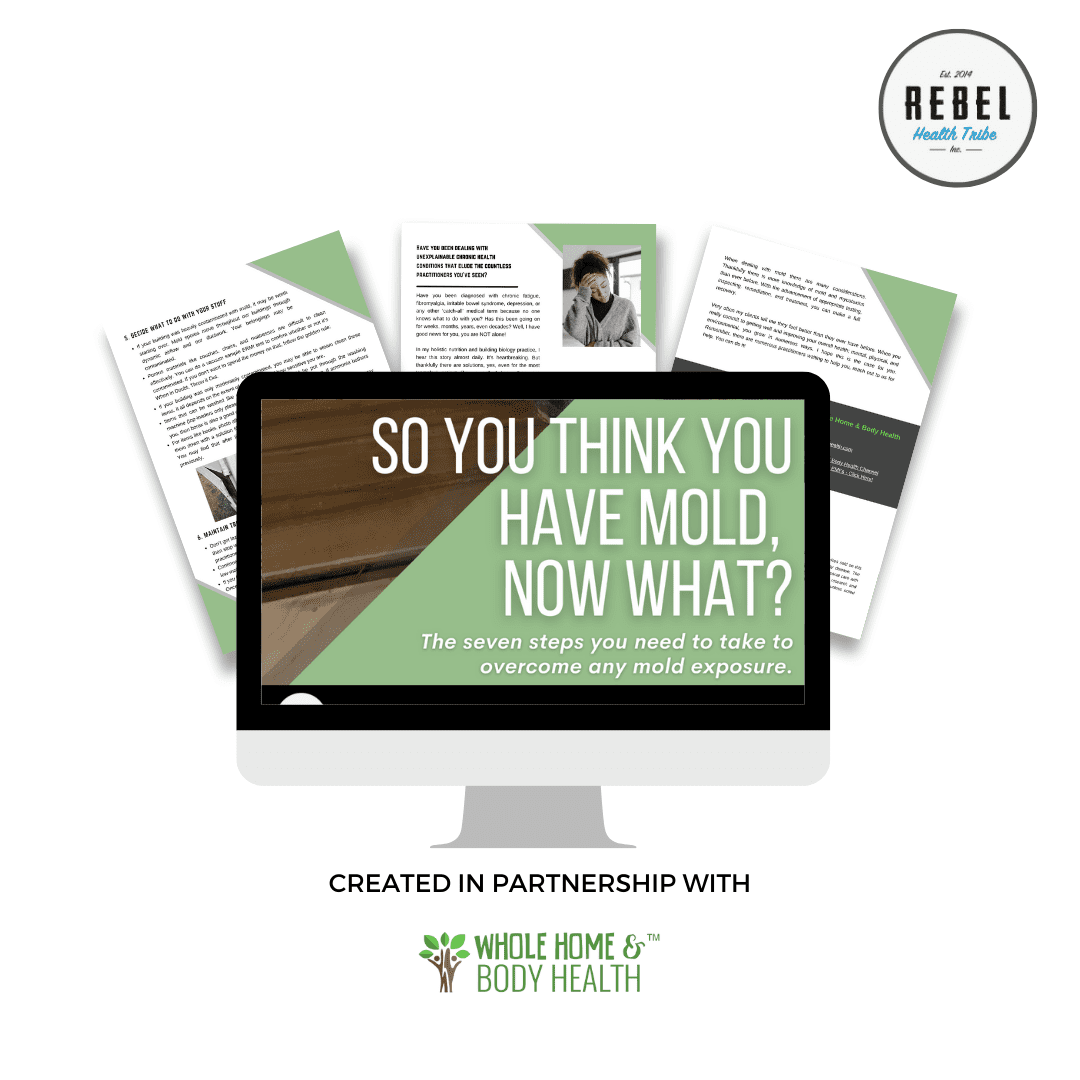
These ‘water-damaged molds’ are a problem because many of them create potent mycotoxins. Perhaps the most well-known, and most virulent mycotoxin-producing species is Stachybotrys chartarum a.k.a., ‘black mold’. (Note, the color of mold has nothing to do with its toxicity. Many species of mold are black in color. Stachybotrys can be shades of green or black. I have seen molds that are yellow, pink, purple, orange, blue, green, white and lots of colors in-between. The color of mold is irrelevant.)
- Stachybotrys can create severe health problems. Other species of particular concern are Chaetomium globosum,
- Aspergillus niger,
- Aspergillus flavus,
- Aspergillus fumigatus,
- Aspergillus versicolor,
- and a handful of others.
These types of mold thrive in dark, damp spaces. As such, they ‘hide’, and may be in your house for years before you know it’s there, if you ever find it at all. The most common places I find mold are in my client’s home are:
- Under the kitchen sink
- In the crawl space
- In the attic
- Behind or underneath shower walls/floors
- Behind toilets
- Behind washing machines
- Behind dishwashers
- Under the bathroom sinks
- In wall cavity’s
There are other areas where mold can grow of course, but you can see that were water is, mold grows. While we might notice mold is growing under a sink, how many of us inspect our crawl space or attic on a regular basis, if ever? How often do you pull out your washing machine or dishwasher and look behind it? How do you even know if water is getting through the grout or floor of your shower? Usually, you don’t. And this is the problem. Mold growth can be incredibly elusive and very difficult to find. The best mold inspectors in the world have missed issues when they are well hidden.
This is the unfortunate reality when it comes to mold detection. All too often I hear stories where a homeowner had one, two, or even half a dozen inspectors investigate their homes for mold. They were told over and over their home is perfectly fine. Yet, the occupants remain sick with mold-like symptoms. This isn’t always the inspector’s fault, mold can be very difficult to find, and unfortunately, it can leave people suffering for years. A good inspector should use many different tools and testing methods to help verify and locate a potential issue. I will go deeper into that in a future post.
The good news is that not everyone will have health problems from a mold exposure. It is quite common to see multiple people living in the same home having completely different experiences when mold is present. Some of the occupants may get severely sick, some may get a few respiratory issues, and some may have no symptoms at all. How can this be?
I’m sure you’ve heard by now the concept of bioindividuality. We are all unique individuals that respond differently to different things. This goes for mold as well. It’s estimated that approximately 28% of the population is genetically susceptible to mycotoxins. Specifically, these people carry the HLA-DR gene, which makes is difficult for the carrier to clear mycotoxins. If you cannot clear the mycotoxins, and you’re living or working in a water-damaged building, your body will accumulate these toxins, leading to a wide range of symptoms. This explains why two people living in the same house can have completely different experiences to the mold present in the home.
It’s important to note however, that not everyone who carries this gene will develop a mold-like illness. Likewise, if you do not carry this gene, does not mean you can’t get sick from a mold exposure.
So, what does a mold-like illness look like? How do you know if you’re suffering from a mold exposure? As with all things, symptoms vary from person to person.
Thanks to the work of Dr. Richie Shoemaker, many in the healthcare field now identify a mold-related illness as Chronic Inflammatory Response Syndrome (CIRS). As you can guess by the name, symptoms can involve anything that is related to inflammation. The most common symptoms I see among my clients include:
- Fatigue
- Headaches
- Brain fog
- Memory loss
- Confusion
- Gastro-intestinal issues
- Anxiety and Panic
- Depression
- Insomnia or Hypersomnia
- Joint pain
- Mast-Cell or histamine dysregulation
- Food intolerances
- EMF sensitives
- Intolerance to exercise
- Intolerance to light and sound
- Chronic infections like candida and yeast
- Chronic respiratory issues
- Heart palpitations
- Tinnitus or ‘Ringing in the Ears’
- Excessive thirst
- Increased urination
- …and much more.
Download: Top 10 Guide for Reducing EMF’s – Click Here!
Feeling overwhelmed with all this information?
Join her Environmental Illness & Sensitivity Group to get support.
Sign Up & Recieve the So You Think You Have Mold, Now What? PDF
Sign up with your name & email to receive the So You Think You Have Mold, Now What? PDF along with any future updates, content, and mold-related offers from RHT and Cathy Cooke!

This is a big list, and it’s not comprehensive. People dealing with mold illness can suffer greatly. The medical community, and often the person’s friends and family, dismiss their symptoms as psychosomatic. It’s difficult to understand someone’s struggle when others living in the same environment are ‘perfectly fine’. (Though I would argue that most of the time, they are not. These ‘denier’s’ either don’t admit they have symptoms, or they don’t correlate their symptoms with the environment.)
Fortunately, there is a rapidly growing understanding and awareness about mold related illnesses in the medical community and general public. This has made it more likely you will get an accurate diagnosis sooner and be able to recover from an illness much quicker than in years past. Admittedly, we still have a long way to go within the conventional medical community.
So what do you do if you suspect you are dealing with a mold issue? There are two things you should investigate: your body, and your living spaces (this can be your home, your workplace, your car, or wherever you spend a lot of time).
First you want to find a good practitioner that is literate in mold illness or CIRS [ Click Here to Search for a Professional ]. I would start looking at Functional Medicine practitioners, naturopath’s, holistic nutritionists, or search on the website for ‘International Society for Environmentally Acquired Illness’ professionals.
As there are more mold literate health care providers than ever before, you will likely be able to find one local to your area. If not, there are many that practice virtually. Once you have a practitioner, they will likely order various lab tests to determine if mold is something you may be dealing with. There are numerous different tests, each with their own pros and cons. I will dive much deeper into this topic in future posts.
Next you want to hire a skilled mold inspector; key word: skilled. Not all mold inspectors are the same. You can pay a lot of money to have someone come take a few air samples in the middle your rooms, which will essentially tell you nothing. You want to find an experienced inspector who does this work from a health perspective. They should do a full visual assessment of all areas of your home including the attic, crawl space, roof, and outdoor perimeter. They should also collect ‘appropriate’ sampling based on the specifics of your home.
You want to find an experienced inspector who does this work from a health perspective. They should do a full visual assessment of all areas of your home including the attic, crawl space, roof, and outdoor perimeter. They should also collect ‘appropriate’ sampling based on the specifics of your home.
Cathy Cook, BBEC, EMRS
This may include targeted air samples, direct samples like tape lifts or swabs, ERMI’s, mycotoxin tests, or a variation of these. This is another very large topic that I will dive deeper into in future posts.
If you or someone you love is dealing with chronic unexplainable symptoms, and you haven’t ruled out mold, it’s worth investigating. The good news is that are effective treatments that can help you recover and get your life back. The sooner you can identify the problem and begin a protocol, the better. And of course, you will need to address the exposure itself. You can’t continue to live or work in a moldy environment if you want to fully recover.
Dealing with a mold illness can be a long, complicated journey. It takes persistence, patience, and acceptance. But it can be done. The most rewarding part of my work is seeing my clients heal. Often, they experience a greater sense of health and wellness than they did before their illness. I see it every day. And this, is why I keep doing this work. Trust me, you CAN heal!

